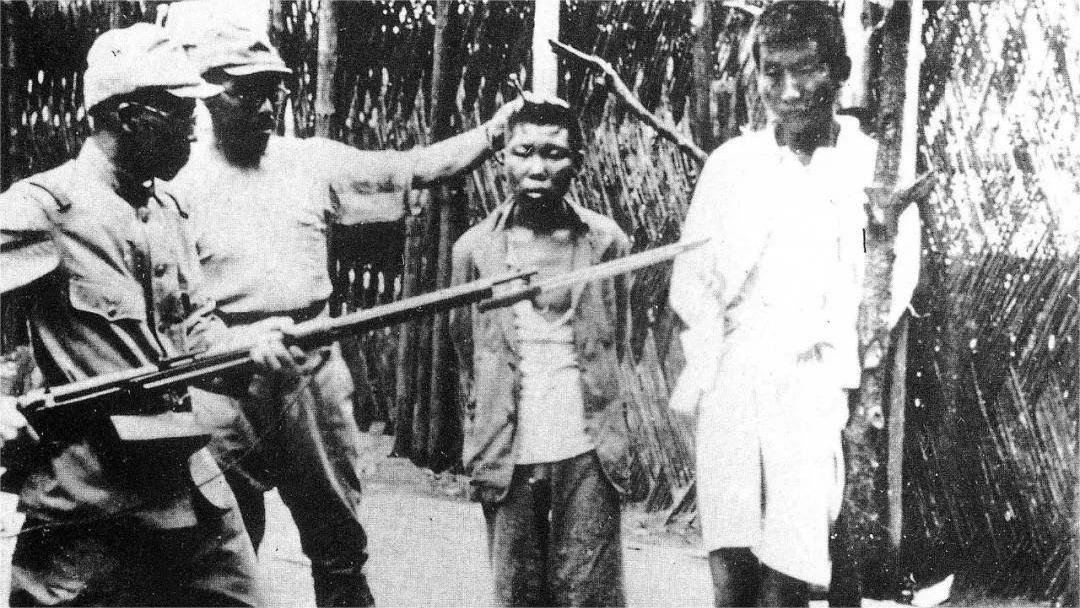The Nanjing Massacre, also known as the Rape of Nanjing, was a devastating event that took place during the Second Sino-Japanese War from December 1937 to January 1938. It occurred after the Imperial Japanese Army captured the city of Nanjing, which was the capital of the Republic of China at the time. The effects and results of this tragic event were profound, encompassing humanitarian, political, and historical aspects.
On a humanitarian level, the Nanjing Massacre resulted in an immense loss of life and widespread atrocities against the Chinese civilian population. The exact number of victims is a subject of debate, but it is estimated that between 200,000 and 300,000 Chinese civilians and disarmed soldiers were killed. The Japanese soldiers engaged in acts of extreme violence, including mass executions, bayoneting, beheadings, and burning alive. Additionally, tens of thousands of women and girls were subjected to rape and sexual assault, with many becoming victims of human trafficking.
The psychological impact on the survivors and their families was profound. The survivors experienced trauma on an unimaginable scale, with many suffering from post-traumatic stress disorder (PTSD) and other psychological disorders. The physical and emotional scars left by the massacre would haunt them for the rest of their lives. Families were torn apart, with countless individuals losing loved ones. The collective memory of the Chinese people was deeply affected, and the Nanjing Massacre became a symbol of the brutality of war and the importance of remembrance.
Politically, the Nanjing Massacre had significant ramifications. The event garnered international attention and led to widespread condemnation of Japan’s actions. The international community was horrified by the reports and images that emerged from Nanjing, fueling anti-Japanese sentiment and spurring calls for justice. The massacre further strained Japan’s relations with other countries, particularly China and Western nations. It also played a role in shaping public opinion and influencing the decision-making processes of governments during and after the war.
Historically, the Nanjing Massacre stands as a stark reminder of the atrocities committed during World War II. It serves as a testament to the brutality of war and the capacity for inhumanity within human beings. The event is extensively documented in various forms, including survivor testimonies, photographs, and historical records. The documentation and commemoration of the Nanjing Massacre have played a crucial role in preserving its memory and ensuring that such atrocities are not forgotten or repeated.
In recent years, efforts have been made to promote awareness and understanding of the Nanjing Massacre globally. Memorial sites, museums, and educational initiatives have been established to honor the victims and educate the public about the events that transpired. The massacre’s legacy serves as a constant reminder of the importance of peace, tolerance, and the prevention of mass violence.
In conclusion, the effects and results of the Nanjing Massacre were profound and multi-faceted. The loss of life, the suffering endured by survivors, and the psychological trauma inflicted on individuals and families cannot be understated. The massacre’s political and historical consequences continue to shape international relations and our understanding of the horrors of war. Remembering the Nanjing Massacre is crucial in honoring the victims and striving for a world free from such atrocities.


